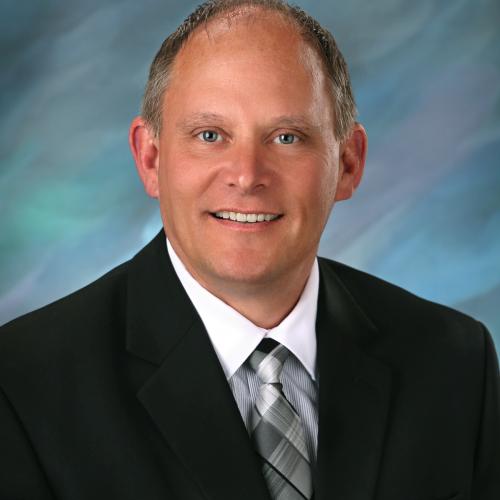In early September, President Biden announced he was taking steps to get more Americans vaccinated and turn the tide on COVID-19. On November 4, the administration rolled out two of those steps — two different vaccine rules covering more than 100 million workers. The following is a summary of the main points outlined in the new rules.
The deadline is January 4
The first rule, issued by the Occupational Safety and Health Administration, covers companies with 100 or more employees, applying to an estimated 84 million workers. Companies must ensure their workers are either fully vaccinated against COVID-19 by
Jan. 4, 2022, or they test negative for COVID-19 at least once a week. The rule will take effect as soon as it's published in the federal register.
Facilities must establish a policy by December 5, 2021
Facilities covered by this regulation must establish a policy by December 5, 2021, ensuring all eligible staff have received the first dose of a two-dose COVID-19 vaccine or a one-dose COVID-19 vaccine prior to providing any care, treatment, or other services.
Workers must get paid time off to get vaccinated
Under the OSHA rule, employers must pay workers for the time it takes to get vaccinated and provide sick leave for workers to recover from any side effects.
Health care workers don't have testing options under a separate rule
A second rule issued by the Centers for Medicare & Medicaid Services (CMS) requires some 17 million health care workers to be vaccinated by the same deadline, Jan. 4, but with no option for weekly testing in lieu of vaccination. The rule covers all employees — clinical and non-clinical — at about 76,000 health care facilities that receive federal funding from Medicare or Medicaid. For Medicare- and Medicaid-certified providers, these vaccination regulations supersede all others, including state regulations and those issued by OSHA.
Employers don't need to pay for testing
In a move that appears designed to push workers to choose vaccinations over testing, the rule does not require employers to pay for or provide testing to workers who decline the vaccine. However, collective bargaining agreements or other circumstances may dictate otherwise in some cases.
Unvaccinated people must wear masks
Unvaccinated workers must also wear face coverings while on the job.
Exemptions
According to the White House, there are exemptions for people with medical conditions that do not permit them to be vaccinated or for religious exemptions. Also, there is not a testing option for health care workers.
Additional resources
White House Fact Sheet | CMS FAQs | AHA Special Bulletin
Questions? Contact Andy Hale, Vice President of Advocacy for NHA.




